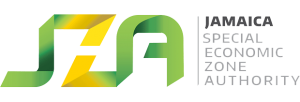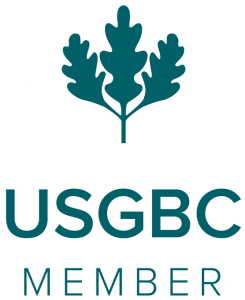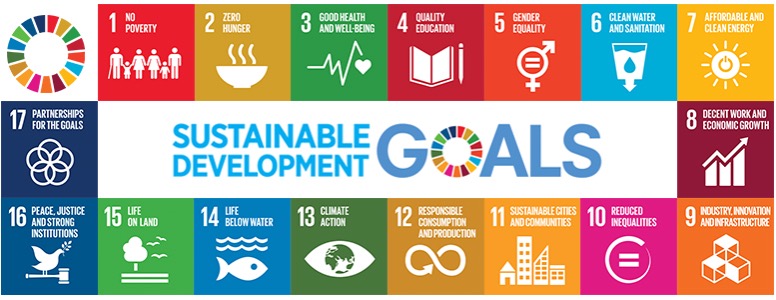Driving sustainable trade and investment during times of uncertainly
Sustainability is increasingly becoming a driving factor for decision making as investors tackle more environmentally conscious consumers and more strict environmental laws. Such pressures transcend geographic boundaries for the typical global investor and hence becomes a pivotal element to consider in preventing any reputational damages.
The Sustainable Development Goals (SDGs) provide an opportunity for the development of an entirely new type of SEZ with a new focus on environmental performance, science commercialization and regional development. Moving beyond traditional trade labor-intensive manufacturing activities, new types of SEZs are emerging targeted at Industry 4.0, tourism, financial and other professional services.
Such zones would aim to attract investment in SDG-relevant activities, adopt the highest levels of ESG standards and compliance, and promote inclusive growth through linkages and spillovers.
Best Practices: South Korea's Eco-Industrial Parks
Special economic zones have played a critical part in South Korea's rapid industrial development over the past few decades. They have contributed to significant economic and social benefits to the country. The Korean National Cleaner Production Center (KNCPC) launched the National Eco-Industrial Park (EIP) program in 2003, in line with efforts by the Ministry of Trade, Industry, and Economy (MOTIE) to promote innovative industrial development which simultaneously achieves environmental sustainability. In order to attain maximization of resource efficiency and reduce waste and pollutants, the development of industrial symbiosis (IS) systems was proposed as a key strategy in EIP implementation. Industrial Symbiosis (IS) is achieved through a collaborative network, in which a one company's waste is used as raw material for another. In order to stimulate business participation and investment in the program, the Korea Industrial Complex Corporation (KICOX) adopted an engaging and business‑centric strategy. KICOX focused on delivering quick wins and demonstrating economic profitability of EIP projects, especially during the early years of the program implementation.
Special Economic Zones have played and continue to play a critical role in driving the global economy, with an estimated 40 percent of global trade passing through them and enhancing the wellbeing of people. As the global economy is preparing for new growth, special economic zones play a key role as facilitators and enablers of the global economy.
Though benefits usually outweigh the costs of building and operating a free zone, global experience has been mixed. This has prompted a need for suitable instruments and tools to analyze, measure and improve the performances of free zones globally.
In response to these challenges, World FZO launched the "Free Zone of the Future" Program – a Global Initiative for Local Prosperity. The program's base is an annual data survey of Business Excellence and Economic Contribution variables in free zones – BEEC data. This foundation survey then extends into the Izdihar (Arabic for "prosperity") Index, the core of the FZF Program, with three strategic dimensions of metrics that measure key areas of a Free Zone's performance.
The Izdihar Index monitors 45 indicators of progress annually to place every Free Zone on its Maturity Curve. The indicators are qualitative, measuring a Free Zone's achievement in given fields every year. These indicators are used to tailor consultancy mandates for each Free Zone to progress on their journey to Free Zone of the Future status.
DIMENSIONS OF THE IZDIHAR INDEX
The Izdihar Index indicators are fully aligned with all 17 Sustainable Development Goals defined by the United Nations as 2030 priorities for global development.
Events like COVID-19 or economic crises point to the need for more sustainable and diverse economies. Policymakers will need to balance the short-term view on FDI attraction and GDP/ job creation with a long-term reform for economic development that increases self-sustainability from an economic, financial and supply chain aspect. New operating and partnership models for SEZs are needed to create new sources of cash and capabilities to lower public spending and professionalize service delivery.
SEZs should be seen as a policy instrument to create a breeding ground for wider economic growth and act as a catalyst for a country's economic development.
World FZO's Project Director Zoë Harries, will provide a workshop on the role of Special Economic Zones in boosting sustainable economic recovery at Annual Investment Meeting (AIM) Eurasia Chapter, March 3rd at 2 – 3 PM UCT/GMT +3 (Moscow Standard Time).
This workshop will cover:
- Global FDI trends and opportunities
- How SEZs foster sustainable trade and investment
- New types of SEZs
- Global best practices
Register now at https://bit.ly/3mhtTtQ
For information on World FZO's Advisory Services, contact:
Zoë Harries
Project Director, World FZO
M: +971 58 508 7998
Source: https://www.worldfzo.org/Portals/0/OpenContent/Files/614/WorldFZOOutlookReport2020.pdf




